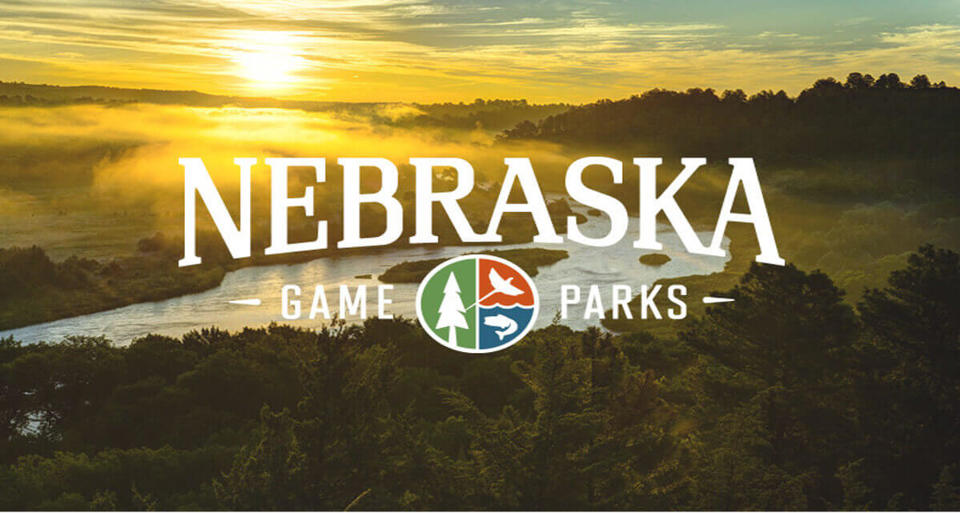Join Game and Parks in virtual discussion on fisheries in March

Join the Nebraska Game and Parks Commission in a virtual discussion on fisheries management during meetings March 18-21.
These four regional public informational sessions – one for each Game and Parks Fisheries district – will provide local updates on the fishing outlook and special projects in respective areas. The informal, interactive gatherings will provide a chance for questions, dialogue and feedback.
The virtual meetings will take place on Zoom, a free app that can be downloaded to a web browser or mobile device. Participants will be encouraged to submit questions using Zoom’s Q&A feature.
The schedule: Southeast District, March 18; Southwest District, March 19; Northwest District, March 20; Northeast District, March 21. All meetings begin at 7 p.m. Central.
All sessions will be recorded and made available on Game and Parks’ YouTube channel for later viewing.
Registration is required and can be completed at OutdoorNebraska.gov/
Call ahead to check on fire bans at state parks
Some Nebraska state park and wildlife management areas are temporarily banning campfires as drought and wind conditions have triggered extreme fire danger.
Because of regularly changing conditions, guests should call state park areas prior to arrival to determine whether a fire ban is in effect. Parks will make determinations by working with local emergency managers and fire departments.
Open fires already are banned in wildlife management areas outside of fireplaces, grills or fire rings provided by Nebraska Game and Parks Commission. However, signs will be posted if an area also is closed to camp or cook fires, which includes gas, propane or charcoal grills or similar devices.
State park areas will allow camp stoves using liquid or gas fuel as they reduce the likelihood of ash or hot charcoal being discarded before they are extinguished. These types of stoves also do not produce blowing embers, further reducing wildfire potential.
Those recreating in areas where campfires are allowed should use extreme caution and take precautions, including keeping fires small, contained in provided fire rings, always attending fires, and having a bucket of water or a fire extinguisher nearby in case of spread. Campfires should be properly extinguished with water until all coals have cooled completely.
For more information, visit OutdoorNebraska.gov.
